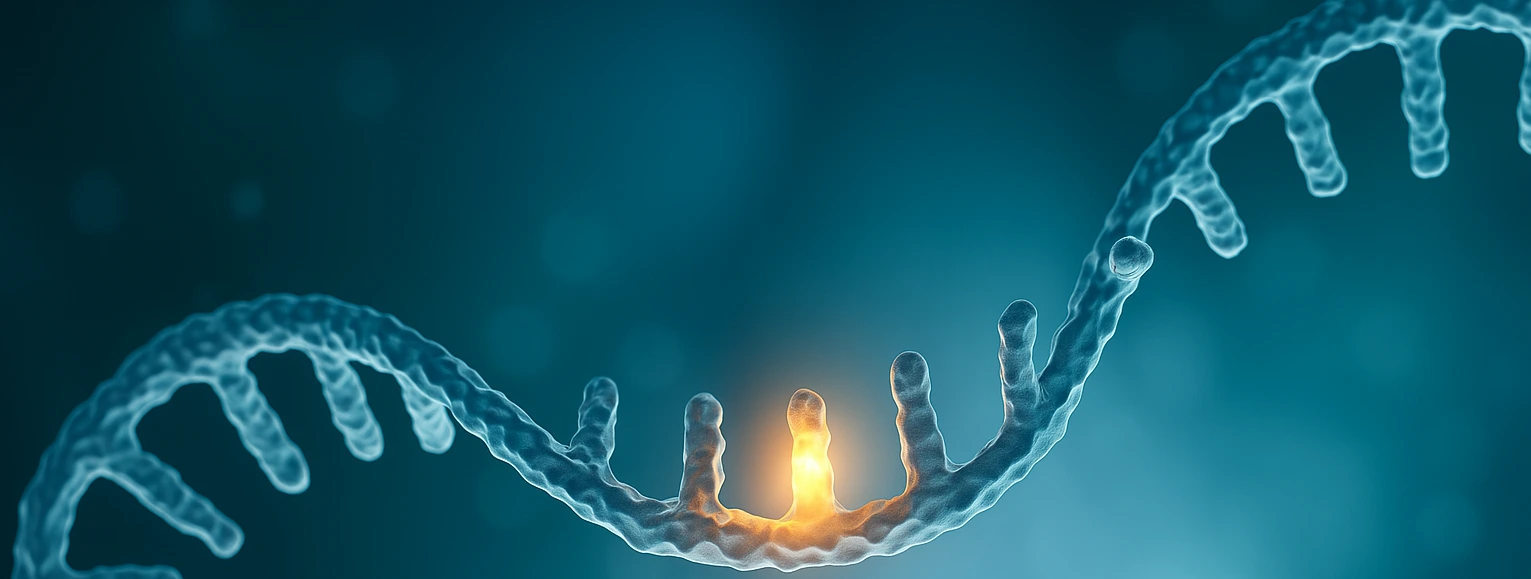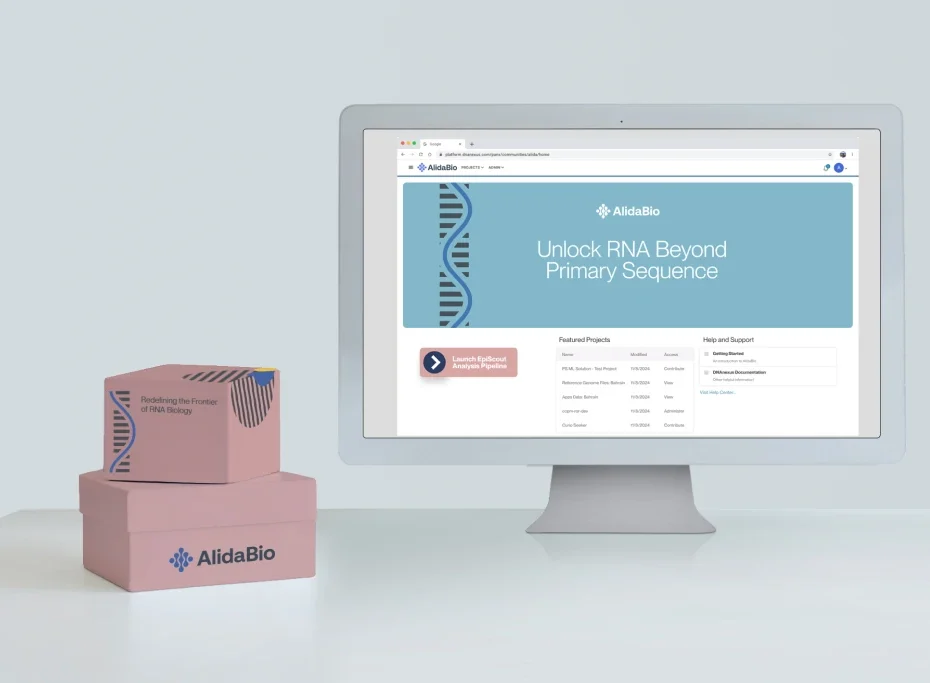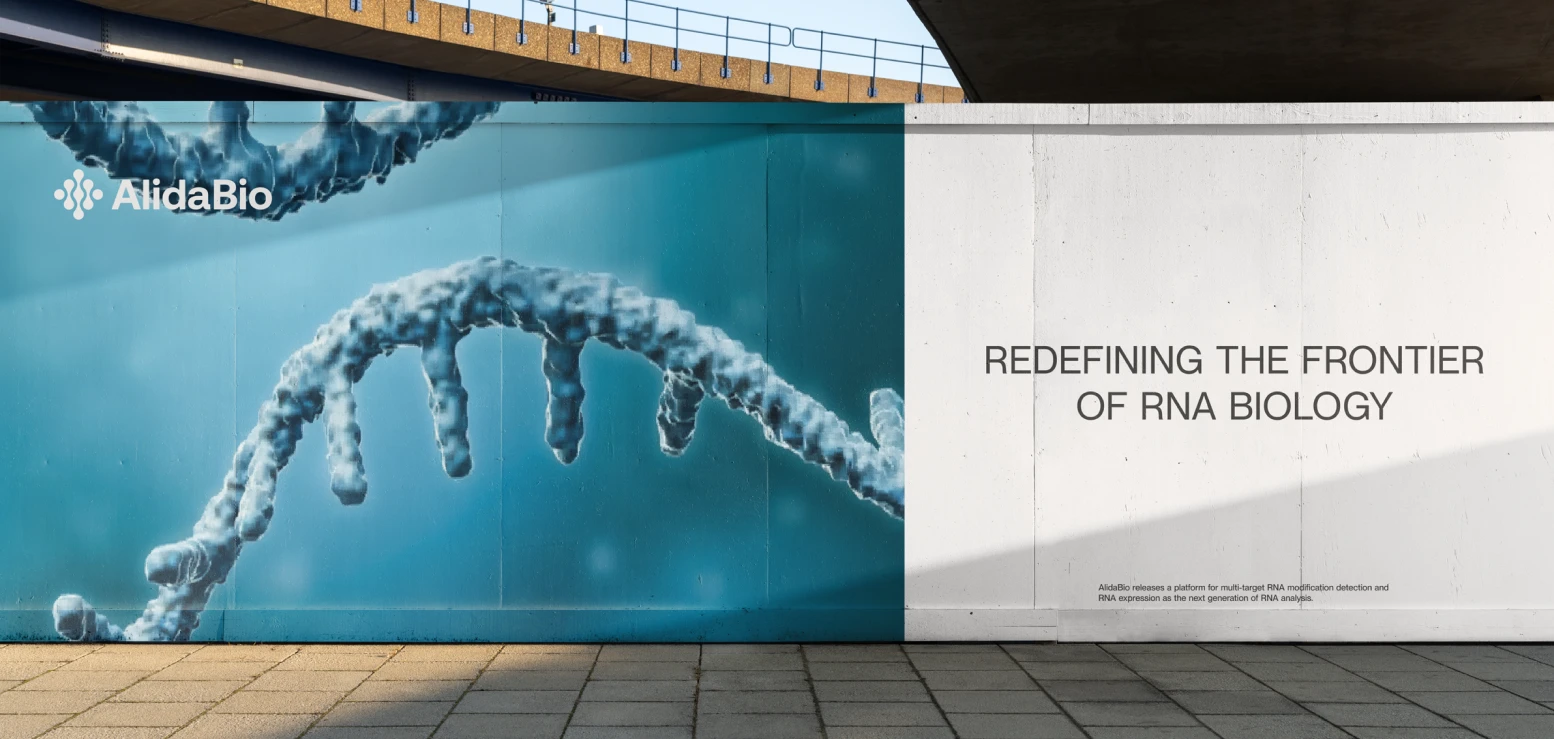
RNA Modifications:
more insights, more impact
Go Beyond RNA-Seq
The Power of RNA Modifications
Introduction to RNA Modifications
RNA is subject to chemical modifications that collectively represent the epitranscriptome. Today, more than 170 RNA modifications are known across all domains of life, and a third of them occur in humans. RNA modifications play a central role in nearly all aspects of RNA function, such as translation, splicing, structure, trafficking and RNA degradation.
Human mRNA, the template for protein translation, contains at least seven modifications, including m6A, inosine, pseudouridine, m5C, m1A and m7G. Of these, m6A is the most common modification. It is involved in the regulation of important pathways in healthy cells, including blood cell and germ line cell maturation, stem cell differentiation, the immune response and inflammation.
RNA Modifications in Disease Mechanisms
Dysregulation of RNA modifications is a hallmark of diseases of aging with late onset and environmental contributors. Typical examples are Alzheimer’s, Parkinson’s, Diabetes, atherosclerosis and ALS. Importantly, RNA modifications co-evolve with cancer, providing important information on tumor stage. In analogy to DNA epigenetic markers, RNA modifications are installed and removed by writer and eraser proteins and recognized by readers.
Recently, these proteins have become hot cancer drug targets. The first drugs targeting METTL3, a m6A writer, are in clinical trial. The importance of RNA modification is not limited to human disease. Recent experiments demonstrated that RNA modifications are implicated in crop yield and stress resistance of plants, suggesting exciting opportunities for plant engineering to fight world hunger.
EpiPlex Platform – A Nextgen Tool for RNA Modifications Mapping
To understand the connection between the epitranscriptome and cellular phenotype and to translate that knowledge to the betterment of human health, a revolution in RNA modification detection technologies is needed.
The EpiPlex™ platform enables reading and quantifying multiple types of RNA modifications in a seamless workflow, making RNA modification analysis easy and accessible to any scientist currently doing RNA-Seq. The platform enables the characterization of RNA modification patterns in health and disease, paving the way for improved personalized medicines, RNA drugs and synthetic RNA technologies.
Shaping the Future of Epitranscriptomics
Our tools empower scientists to explore RNA modifications and their crucial role in gene regulation and cellular function.
EpiPlex™ RNA Mod Encoding Kits use proximity barcoding and engineered protein binders to achieve unprecedented multi-target detection and accuracy.
EpiScout™ Analysis Software, powered by machine-learning, seamlessly transforms raw sequencing data into actionable insights.


Driving Innovation Across Research and Discovery
Empower Breakthroughs from Bench to Bedside
Uncover fundamental insights into RNA and disease biology, power translational research and develop the next generation of diagnostics, RNA therapies and mRNA vaccines. Shed light on the dark matter of the genome and fully understand RNA function, embracing its complexity and harnessing its opportunities.
Identify new drug targets and disease pathways
RNA modifying enzymes provide dynamic and reversible regulation of cellular pathways, making them promising drug targets in diseases. The protein machinery associated with RNA modifications can be targeted by small molecules, adding to the class of druggable proteins. Frontier applications of the epitranscriptome include RNA editing and interference with oligonucleotide drugs.
Discover new RNA biomarkers
Harness insights into disease progression for early detection, treatment planning and monitoring to address cancers, immune disorders, neurological diseases, and more. While many liquid biopsies focus on DNA analysis, interrogating RNA in this context reports on dynamic changes of cells. Expanding liquid biopsy to the multiome increases predictive power and helps to overcome the limitations associated with low analyte concentrations.
Redefining the frontier of RNA biology
Alida Biosciences’ technologies are designed to unleash the transformative potential of epitranscriptomics in basic research and applications in RNA-centered diagnostics and therapeutics. Proximity barcoding translates sequencing-silent RNA modifications into NGS-readable barcodes.

